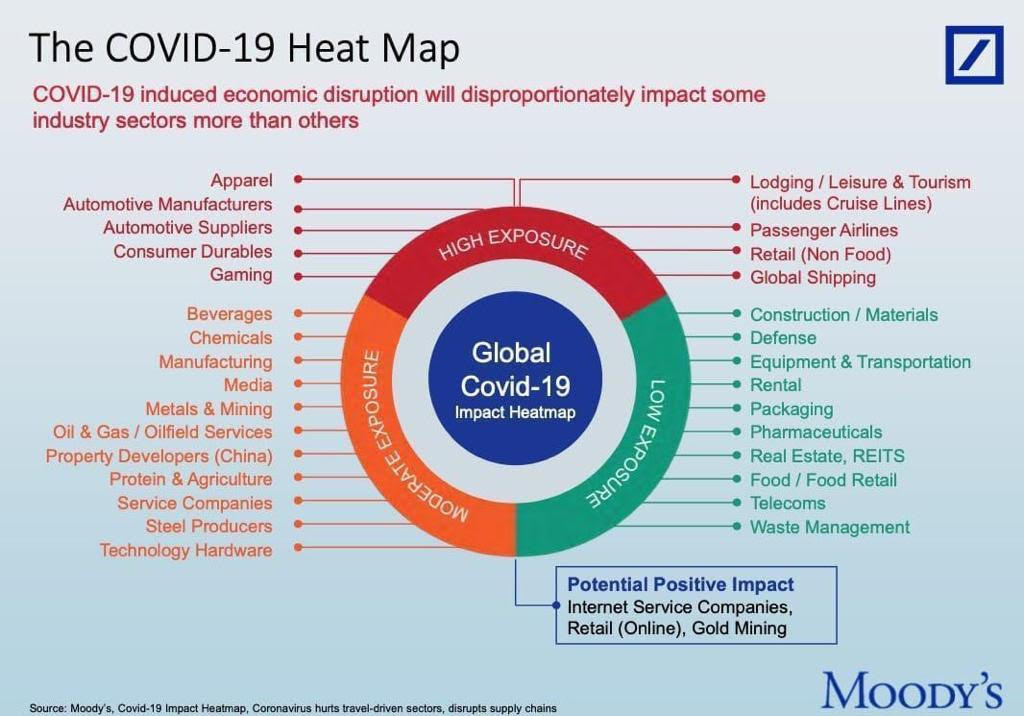Introduction
Mystery shopping has shifted from a niche evaluation tactic to a central performance tool in Pakistan’s business landscape. As local and international brands face sharper competition and rising customer expectations, they are turning to mystery shopping to understand their service gaps in real time. The practice has grown steadily across retail, banking, food service, telecommunications, and even healthcare. This rise is tied to a noticeable change in how Pakistani consumers behave. They compare experiences, share opinions freely, and reward brands that deliver consistency. Companies that used to rely on internal impressions now seek the neutral, ground level insights that mystery shoppers provide.
This article examines why mystery shopping has accelerated in Pakistan, what brands are learning from it, and how firms like ACE Research are helping businesses translate findings into tangible improvements.
A Shift in Consumer Power
The modern Pakistani consumer carries a powerful tool in their pocket. Social platforms and online marketplaces have made customer opinions highly visible. When a single negative experience can reach thousands of potential customers, businesses have become far more attentive to service quality. Mystery shopping offers a structured way to evaluate what customers experience before the public does. Brands use it to catch flaws early, reinforce what is working well, and benchmark their service levels against competitors.
In many cases, companies believed they understood their customers until they saw objective reports from mystery shoppers. These reports often show that service delivery varies across branches, staff members, or times of day. The growing emphasis on customer centered strategies has made these findings more valuable than ever.
Expanding Across Industries
The earliest adopters of mystery shopping in Pakistan were mostly multinationals including fashion retailers and food chains. Banks, oil marketing companies and FMCGs also conduct regular mystery shopping. Today the practice spans a much wider range of sectors.
Banks use it to measure teller interactions, complaint handling, and cross selling behavior. Telecom operators rely on it to evaluate franchise performance and frontline knowledge. Hospitals and diagnostic centers employ mystery patients to ensure compliance with service protocols and hygiene standards. Supermarkets want to assess checkout efficiency, stocking accuracy, and customer guidance. Even government facilitated service centers now monitor user experience through third party audits.
This expansion reflects a broader recognition that service quality is no longer optional. Every industry that interacts directly with the public needs visibility into what actually happens at the customer interface.
What Brands Are Learning
Brands in Pakistan are discovering that customers notice small details. They value focused staff, short waiting times, transparent information, and consistent processes. Mystery shopping has highlighted several patterns.
First, consumers judge the entire journey from greeting to departure. Companies that pay attention to only one stage of the customer experience miss significant weaknesses. Second, customers expect the same quality across all branches. A strong experience in one location followed by a weak experience in another can damage overall trust. Third, training and product knowledge are often uneven. Many frontline employees perform well when supervised, yet struggle under pressure or when asked about technical details. Mystery shopping exposes these inconsistencies in a way that internal evaluations rarely do.
Most importantly, brands are learning how service issues impact revenue. A slow counter, a poorly explained promotion, or an unhelpful employee can directly reduce conversions. Businesses that once treated customer service as a soft metric now use mystery shopping data to make financial decisions.
Local Factors Driving Growth
A few Pakistan specific trends have accelerated the adoption of mystery shopping. Urbanization has concentrated large segments of the population in Karachi, Lahore, Islamabad, and Faisalabad, increasing competition among brands. Greater exposure to international standards has raised expectations for quality and convenience. Rising disposable income in middle class households has shifted attention toward experience and not just price.
At the same time, the retail environment has changed. Mall culture, franchise expansion, and digital integration have made consistency more challenging. Branch managers can no longer rely only on personal supervision. Companies need structured, repeatable assessments that present an accurate picture of daily operations. Mystery shopping fills that role effectively.
The Role of Data and Technology
Modern mystery shopping is far more sophisticated than the older practice of basic in store observation. Mobile reporting, time stamped photos, geotagging, and standardized scoring systems ensure that results are credible and comparable. Brands review dashboards that show trends across cities, branches, and service categories. Decision makers no longer wait for quarterly audits. They make adjustments within days based on real time findings.
Technology has also reduced biases. Mystery shoppers follow predefined evaluation paths that align with brand objectives. The result is feedback that is specific, measurable, and directly actionable.
Turning Insights into Action
Collecting data is only the first step. The true value of mystery shopping lies in how brands interpret and apply the findings. Leading companies use these insights to redesign training programs, optimize store layouts, and refine sales strategies. Some businesses even link performance bonuses to mystery shopping results to encourage consistent behavior.
One common improvement area is communication. Employees often need clearer guidance on how to approach customers, explain offers, or respond to complaints. Mystery shopping highlights these gaps in real scenarios. Brands then restructure scripts, role play exercises, or incentive structures to correct them.
Another major area is compliance. Whether it involves safety procedures in restaurants or documentation requirements in banks, mystery shopping helps ensure that policies are followed. This protects both the customer and the brand.
How ACE Research Supports This Transformation
ACE Research has been a key partner for many Pakistani brands seeking to improve their service quality. The company combines experienced field teams with structured methodologies to deliver reliable evaluations. Its mystery shopping programs go beyond scoring forms and provide narrative insights that help clients understand the context behind each observation.
The organization tailors its mystery shopping designs to match the service flows of each sector. Whether the objective is to test product knowledge, response times, hygiene standards, sales behavior, or customer handling, ACE Research builds evaluations that reflect actual customer journeys. Brands benefit not only from accurate data but from practical recommendations that support long term improvement.
Future Outlook
Mystery shopping in Pakistan is likely to continue its upward trajectory. The rise of online shopping, hybrid service models, and integrated sales channels will push companies to evaluate both physical and digital touchpoints. Mystery shoppers may increasingly be asked to assess app usability, delivery performance, and chat support effectiveness alongside traditional in store visits.
Customer loyalty is becoming harder to earn. Brands that commit to regular mystery shopping will be better positioned to maintain service quality and adapt quickly to changing expectations.
Conclusion
Mystery shopping has become an essential tool for Pakistani businesses seeking to strengthen customer experience and protect their reputation. As the market grows more competitive and consumers grow more discerning, companies that rely on clear, unbiased insights will outperform those that rely on assumptions. The rise of mystery shopping reflects a broader shift toward evidence based decision making. With skilled partners like ACE Research supporting this evolution, brands can move from reactive problem solving to a proactive culture of continuous improvement.





